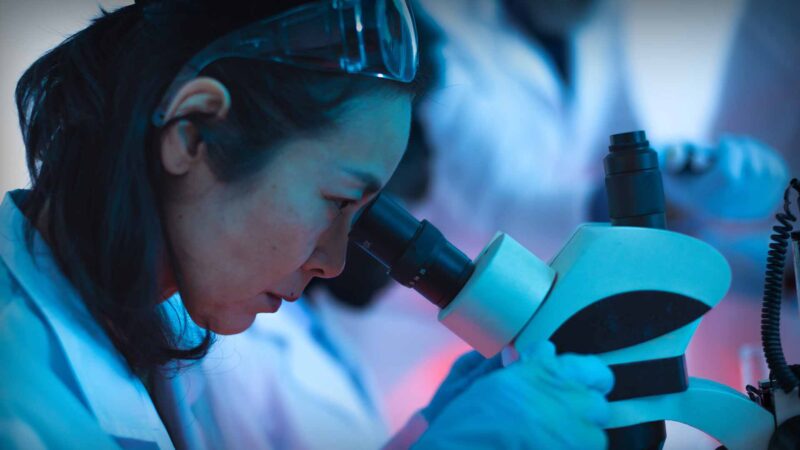In the lead up to the Australian Federal Budget in May 2023, Australian Health Journal reached out to peak health industry bodies to hear about their priorities, either noted in pre-budget submissions lodged with Federal Government in January 2023 or in recent forums such as the Strengthening Medicare Taskforce.
Others have stated their priorities directly with Federal Government. Through these interviews, AHJ gives a final opportunity to communicate to all health stakeholders, the funding needs for a range of priorities. These range from new models of care to pilots and wholesale, system improvements to building more sustainable workforces to help grow certain sectors of the health system
The CEO of Pathology Technology Australia, Dean Whiting spoke with Australian Health Journal about the following:
- Pathology Technology Australia’s key priorities in the coming years
- Current local capability in pathology technology compared to other countries
- How the health system supports change and adoption of pathology technology
- How pathology is perceived by the public and in government as well as how developments in pathology technology are followed and understood
- Observations in the Strengthening Medicare Taskforce Report
And lastly Dean looks towards the Federal Budget this year and in 2024 for the adoption of currently unfunded pathology tests, that could alter pathology as a cost centre to one that saves the health system considerable money.
You Might also like
-
Health Minister appoints Chair to National One Stop Shop Program
The Australian Government has appointed Emeritus Professor Ian Chubb AC, FAA FTSE to lead key reforms as Chair of the Inter-Governmental Policy Reform Group (IGPRG) for health and medical research, including clinical trials.
Minister for Health and Aged Care, The Hon Mark Butler MP commenting on the selection and appointment said, “Professor Chubb has dedicated his career to improving health and medical research and education in this county and I am pleased he has agreed to share his knowledge and experience through the IGPRG.”
-
Empowered nurses leading digital health enablement
Nurses have a pivotal role to play in the widespread implementation and adoption of digital health technologies throughout the healthcare sector for the primary purpose of improving safety and quality of patient care.
Australian Health Journal talked to two of Australian top leaders in nursing and in digital health on how the role of nursing is pivotal to the success of digital health in the Australian health system.
-
Landmark research projects tackle critical issues in emergency healthcare
For two decades, the demand for emergency department services in Australia has outpaced population growth and wait times have increased. In 2022-2023 more than 8.8 million emergency department presentations occurred nationwide.
While demand is a contributing factor, EDs are currently being impacted by various factors across the entire health system.
The Emergency Medicine Foundation (EMF) is a non-profit organisation funding innovative Australian research that improves the way people are cared for in a medical emergency. The aim of the research is to deliver better and more effective health services to save lives and money.



